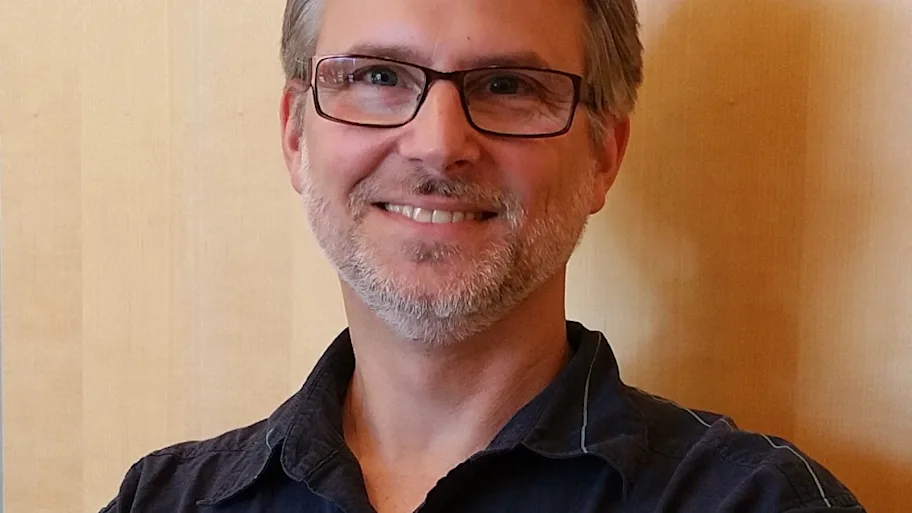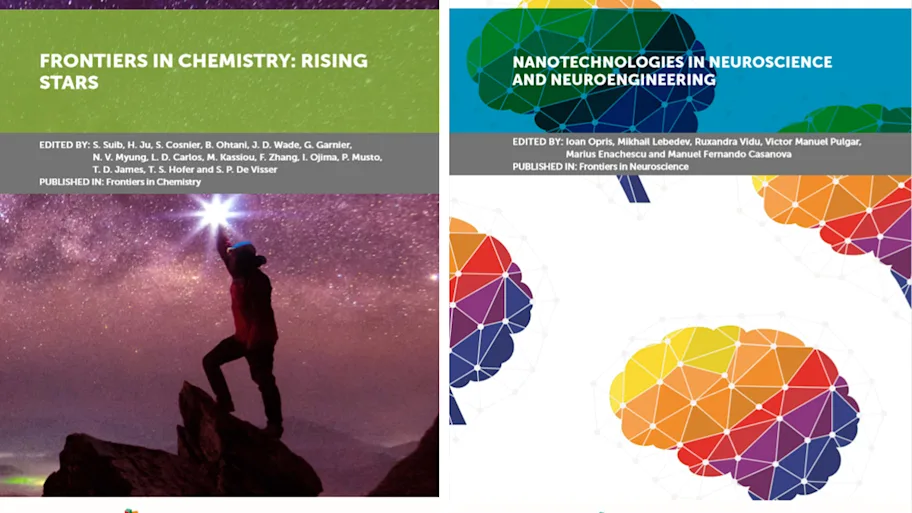
- Science news
- Frontiers news
- Genome Editing: poised to transform our world
Genome Editing: poised to transform our world
Recent reports from the United Nations, estimate 1 in 9 people across the globe do not eat enough food to support a healthy lifestyle. Prof. Bing Yang who studies gene editing technology applications in plants says: “Genome editing can help crop breeding with shorter time and precision, maximize the potential of crop yields, develop plants more tolerant to pests, diseases and help prolong shelf life of food products to avoid waste.” This could help the world’s rapidly growing population in “how to maintain food security from shrinking arable land through sustainable agriculture.”
Genome editing: facing the challenges to come
Our ability to modify genes also known as genome editing offers unprecedented opportunities to tackle global challenges. “Whether you are in the life sciences or merely alive, it is likely that genome editing will have an impact on you in some way,” says leading Prof. David J. Segal. “Genome Editing has given us the capability to change the genomes of animals, plants and microbes on an unprecedented scale and advances are occurring at a rapid pace”. One of the most famous systems for editing genes is the CRISPR/Cas9 system.
The possibilities are endless: from improving plant traits, combating diseases, to improving health and discovering new sources of sustainable energy. For example, “Gene Editing for the treatment of blood disorders is a promising new approach which has the potential to provide lifelong correction of many debilitating diseases,” states Prof. Tim Townes, whose work focuses on understanding how our blood cells work. Genome Editing technologies offer new opportunities for curing disease and “accelerate the discovery of solutions to a number of urgent global challenges including the grave burden of communicable and non-communicable diseases that impact global health” says expert on viral biology Prof. Chen Liang. He says gene editing could also provide “effective tools to diagnose, prevent and treat public threatening diseases.”
An Open-access platform to share scientifically-proven advances in Genome Editing
Frontiers in Genome Editing has launched. This new journal aspires “to provide a platform for the technological development and application of genome editing” states Prof. Bing Yang. This new journal will share editing applications that encompass basic research and translational medicine.
Frontiers journals are led by active experts, who are aware of the challenges and the most recent advances in their respective fields. For Prof. Segal who studies potential applications of gene editing in the nervous system: “there has never been a better time, nor a greater need, for a forward-looking journal such as Frontiers in Genome Editing. This journal is a forum in which we can learn from each other of the impact this technology does have and can have.”
Frontiers in Genome Editing is a multidisciplinary, open-access journal which publishes rigorously peer-reviewed research and disseminates scientific knowledge to researchers, academics, policymakers, industry and the public worldwide. “The interactive Publishing platform ensures the wide exposure of your study to researchers from different disciplines. Papers will receive the immediate and broad attention in the Genome Editing community,” asserts Prof. Liang. For Prof. Townes, who has provided foundational work for the cure of genetic blood disorders “interdisciplinary science is a powerful mechanism for overcoming blind spots that inhibit progress. The Editors of Frontiers in Genome Editing seek to offer a space that will attract authors from diverse backgrounds and that will provide information to challenge conventional ways of thinking.”
Committed to improving our world
The defining feature of this community-driven journal is the commitment of Editors to improving our world. “I am inspired every day by the realization that I can and should contribute to both the technical and societal aspects of genome editing” expresses Prof. Segal.
Genome Editing technologies could help people in the years to come. For instance Prof. Liang’s work aims at fighting against viral infections through gene editing. His motivation is “to save lives and give hope to those who are unfortunately ill.” Other applications of gene editing include the correction of debilitating blood disorders such as Sickle cell disease which affects millions of people: “I am driven to find cures for devastating blood disorders because I and scientists world-wide believe in the unique value of every patient,” says Prof. Townes.
Genome editing technologies offer innovative ways to transform the world we live in. Committed scientists work to make gene editing more efficient, precise and safe: “I am passionate about science and technology as well as using them to benefit our society and planet. With the advent of CRISPR-based genome editing, we have more robust tools to tackle real world problems” expresses Prof. Yang.
In promoting the responsible use of genome editing technology, Prof Segal states “the challenges will expand to include issues of access, equity and inclusion. We need to start those conversations now to ensure the ethical, legal and social aspects keep pace with technical improvements. As ancient wisdom reminds us, if we want to go far, we should go together.”
The Frontiers in Genome Editing journal launches with four Specialty Sections led by field experts as Specialty Chief Editors:
Genome Editing in Blood Disorders, led by Prof. Tim M. Townes (University of Alabama at Birmingham)
Genome Editing in Infectious Diseases, led by Prof. Chen Liang (McGill University)
Genome Engineering and Neurologic Disorders, led by Prof. David J. Segal (University of California Davis)
Genome Editing in Plants, led by Prof. Bing Yang (University of Missouri and Donald Danforth Plant Science Center)
The following Research Topics are now Open for submissions:
Follow Frontiers in Genome Editing on Twitter
Frontiers journals consistently rank among the world’s most cited in their fields and in the top Impact Factor and CiteScore percentiles. Discover more.






